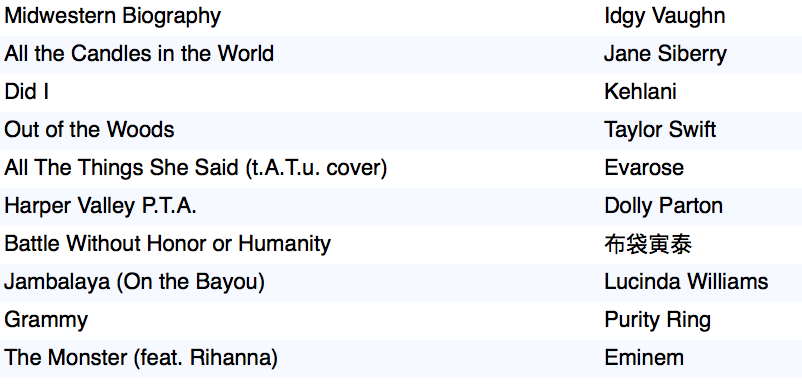I object strongly to people arrogating to themselves the authority of telling me how I should read or understand something.
Here’s the thing: when an author casts a work loose into the world, it is no longer his or hers. It belongs to the mind of whoever reads it, or translates it. That is the only way it can be, really, if you ponder it even for a second. Words are not precise. Language is fluid. The word and the idea of the word “nice” for instance meant something different 20 years ago, 200 years ago, 500 years ago, than it means now. And more importantly, that word (and all words) means something slightly and sometimes something greatly different for every single person who uses it, hears it, or thinks about it.
I know liberal pieties regarding Islam are at play here, but one must understand that there is no “true” translation of any work. None. There just cannot be.
Before I could comprehend French, do you know how I read Rimbaud? Phonetically, because I thought the words were pretty even though I only understood one out of 10 of them. Was my reading invalid? Should I just not have read it at all? If not, I probably never would have been able to read and truly understand it more deeply at all. (If you disbelieve this, think about how a child learns to read.)
Should I not have read Moby Dick in third grade even though I didn’t know some of the words or the complete history of 19th century whaling?
You get the picture.
Don’t misunderstand me. I think the New Yorker article is worth a look. Understanding the history of something is better than not.
However, Rumi wrote in a different language in vastly different culture in an extremely different time in a place far away from where most people who read him dwell.
I’d argue that in most cases truly translating Rumi for a modern secular person must by needs significantly alter most of the religious imagery, or it just will not be comprehensible. A truer translation, in other words, for what Rumi meant us to feel must have less fidelity to his actual words.
I’m no great fan of Rumi, though I like certain of his observations, but that is beside the point.
Look at Rumi’s original language, even in translation, and you can see very clearly what Barks leaves out and how that omission impoverishes the verse. As Ali indicates in her article, Rumi says nothing about “rightdoing” and “wrongdoing.” Instead he talks about iman (religion) and kufr (infidelity), a very different and far more complex (and, to me at least, more interesting) opposition than right and wrong, one that would require a good deal of disciplined religious learning, as well as deeply experienced religious/spiritual feeling, fully to understand and grow beyond.
Most people — the vast, vast majority — who read Rumi aren’t going to spend the years studying philosophy, comparative religion, Persian, Sufism and epistemology to begin to understand the supposedly more accurate translation.
“Rightdoing” and “wrongdoing” is a perfectly valid rendering of what Rumi (likely) was getting at in that passage. Does it capture the full nuance of what he meant? Of course not. But the fact is, nothing ever could because you are not Rumi and neither are any of his living readers. Hell, I read things that I wrote only a few years ago and I am not even sure what I meant.
I find the article to which I linked annoyingly stupid, really. It presupposes one must be an expert in many topics to read and enjoy a work. It assumes that one must even care that Rumi was a 13th Century Sufist to get something meaningful from his words.
None of this is true. In fact, it is absurd. Just as one does not need to be a cosmologist to look at the Hubble Deep Field image and be awed and humbled, one does not need to be a scholar in eight different fields to read and get something meaningful from any writer, including Rumi.
